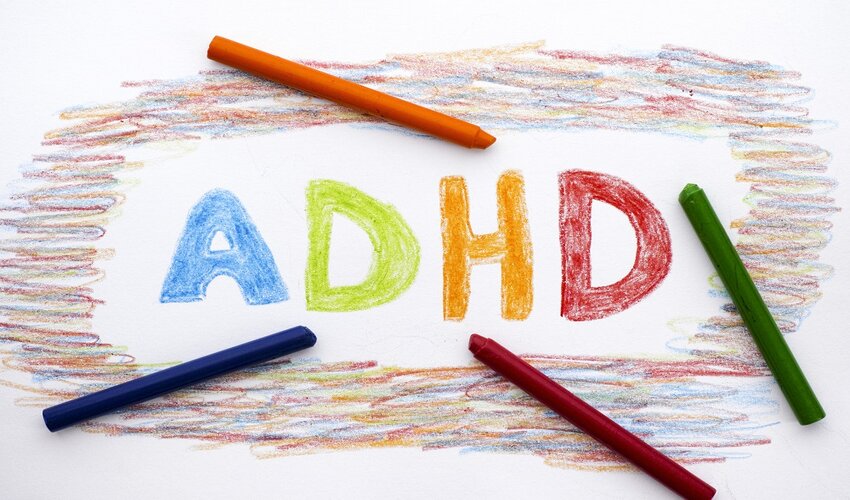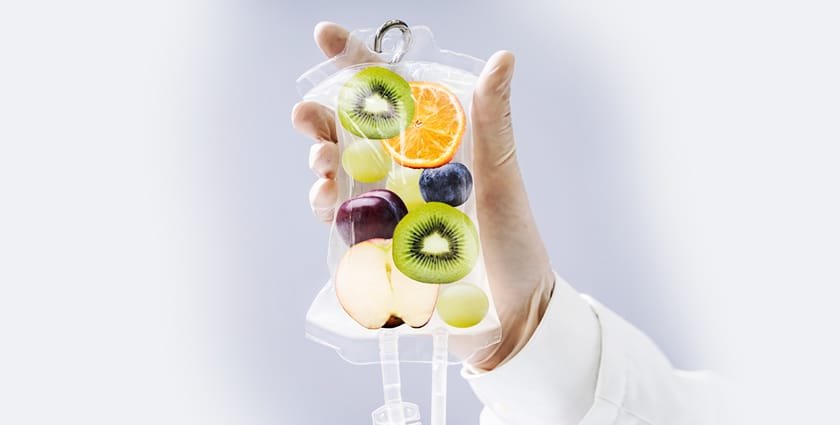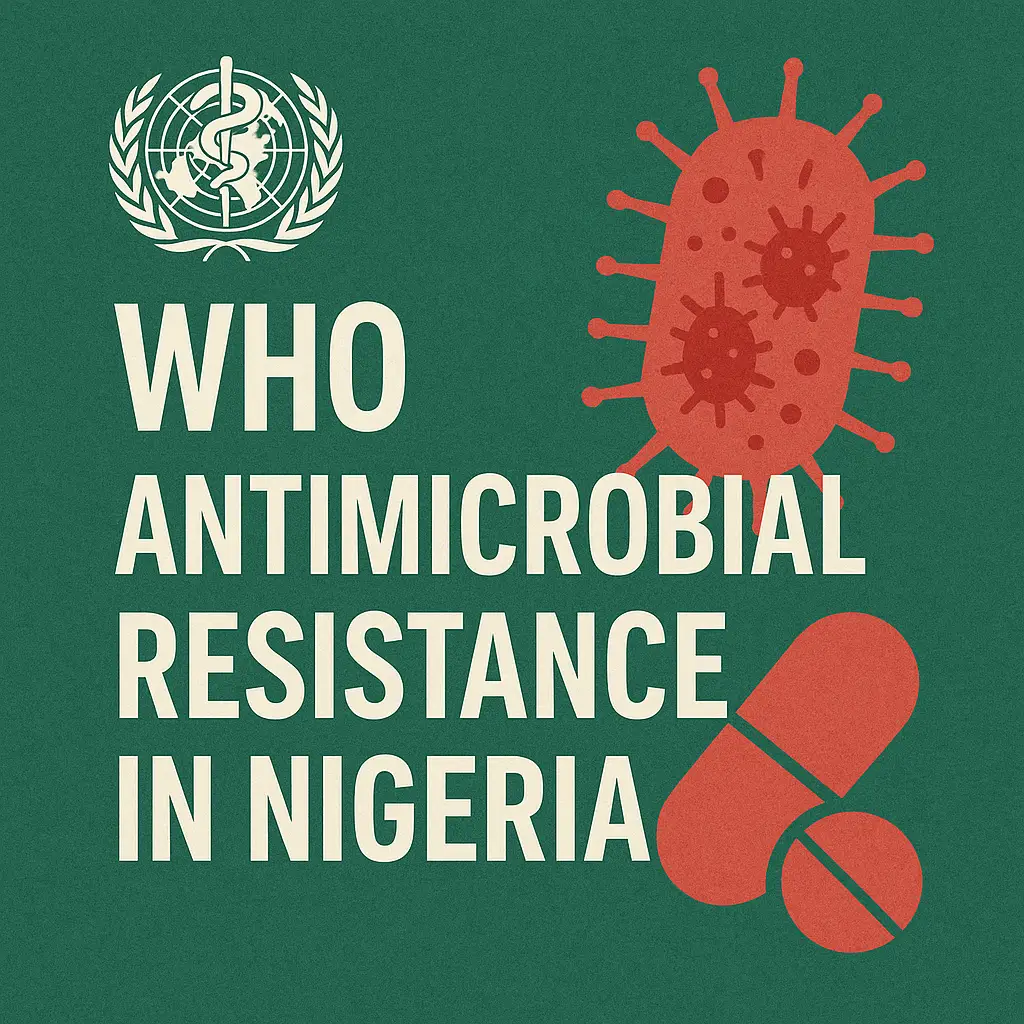Introduction
Children with attention deficit hyperactivity disorder (ADHD) may have difficulty focusing and exercising self-control due to differences in how their brains are developing. Although ADHD is most frequently diagnosed in youth, it can persist into adulthood.
Symptoms of ADHD in Children
ADHD symptoms differ from child to child. However, most children exhibit a mix of these crucial indicators:
- Inattention. Your youngster can have concentration issues or be easily distracted.
- Impulsivity. Your youngster makes snap decisions, including interrupting others.
- Hyperactivity. Your youngster talks too much, moves around a lot, or is hyperactive.
Before you detect your child’s inattention or impulsivity, you could first notice wriggling, fidgeting, or other hyperactive behaviors.
Some signs might be:
- difficulty completing tasks
- regularly losing items
- Lots of vigor
- When not acceptable, engage in running or climbing
- Forgetfulness
- having trouble waiting for their turn
Childhood ADHD Types
Which of the three primary forms of ADHD your child has is mostly determined by their symptoms:
- Primarily impulsive and energetic in nature. Children exhibit impulsive and hyperactive conduct.
- Mostly the unfocused type. Prior to that, it was known as attention deficit disorder (ADD). These symptoms make it difficult for kids to focus. As opposed to the first type, you might not immediately recognize their symptoms.
- Inattentive and hyperactive/impulsive combined type. Multiple symptoms from the first two forms of ADHD are present in kids with this type. The most typical kind of ADHD is this one.
Causes of ADHD in Children
Doctors are unsure about the actual etiology of ADHD. However, it is well documented to run in families. One in four children who have ADHD also has an ADHD-afflicted parent.
According to research, children with ADHD may differ in:
- brain regions in charge of social cognition, focus, and movement
- chemicals that regulate brain communication
- Experts think that youngsters with ADHD often grow their brains later than kids without the disorder.
There is no proof in studies that the following things might induce ADHD:
- Poor parenting
- TV or video games
- Sugar
- Vaccines
ADHD in Children: Risk Factors
Additionally, researchers are looking at whether the following factors increase a child’s risk of developing ADHD:
- using alcohol or cigarettes when pregnant
- birth prematurely
- brain damage
- exposure to certain environmental dangers (like lead) when pregnant
- a little birth weight
ADHD in Children Diagnosis
There isn’t a quick test to diagnose ADHD. A diagnosis will be made by your doctor or a specialist based on your child’s symptoms, a physical examination, and medical history.
If your child meets all of these criteria, they could be diagnosed with ADHD:
- They exhibit at least six signs of ADHD, such as excessive fidgeting or being easily distracted.
- The signs persist for at least six months.
- Your child experiences problems as a result of these symptoms in several contexts, including the family, school, and social life.
- first symptoms begin before the age of twelve.
Childhood ADHD Treatment
According to studies, medicine alone is not as effective as long-term treatment using behavioral therapy and pharmaceuticals.
Treatment with behavioral therapy is advised for kids under the age of six. Their doctor could also recommend drugs as they age.
Behavioral treatments for children with ADHD
Children can learn strategies from a child therapist to help them better control their symptoms. They can also impart on parents the abilities to control the conduct of their kids. These consist of:
- Increasing structure and setting out expectations
- promoting routines
- rewarding positive actions while stifling undesirable ones
Children who are in school receive counseling as well to assist them with issues like:
- Time management Planning Organization
- ADHD treatment that can be helpful for your child is social skills instruction.
- They get training on behaviors that support the formation and maintenance of social relationships.
Drug treatments for ADHD in children
There are several short-acting (immediate-release), long-acting, and intermediate-acting (in-between short and long) ADHD medications on the market.
Finding the right medicine, dose, and regimen for a kid with the disease may take some time for you and your doctor. Additionally, not all ADHD children benefit from medication.
Drugs for ADHD can occasionally cause adverse effects including headaches or loss of appetite. However, most adverse effects are minor and transient.
Alternative treatments
Alternative therapies have not been shown to reduce ADHD symptoms. However, some people claim that:
- Yoga. Your youngster may be able to unwind and develop self-control with this easy practice. Children’s yoga lessons are available at certain studios.
- Meditation. This may help your child feel calmer, whether they do it with a teacher or through a technology.
- training in neuro feedback. In this kind of instruction, your youngster concentrates on a task while an electroencephalograph (EEG) measures their brain activity. To assist the youngster become aware of when they are losing attention, they use input from the machine.
Which treatment is best for my child?
For each child with ADHD, there is no one treatment that works best. In order to identify the optimal option, your doctor will take into account your child’s needs and medical background.
A therapy that causes adverse effects in your child, for instance, might not be the best option. A combination of medication and behavioral therapy may be the most effective treatment for an ADHD youngster who also has anxiety or depression.
Complications of ADHD in Children
If ADHD is not addressed, issues may develop that last a lifetime. These consist of:
- the disordered use of drugs
- difficulty finding and keeping a job
- disorders of eating
- other mental health problems, such anxiety or sadness
- unstable connections
- a poor academic record
- Risky actions that could result in traffic accidents or legal issues
- sleep problems
Diet for ADHD in children
There isn’t much scientific proof that any one diet or food may treat ADHD. But we do understand that a child’s body and brain function better when they eat a healthy, balanced diet. Children who take ADHD medicines may also have trouble eating effectively since these drugs might decrease appetite.
There is no proof that particular vitamin or mineral supplements will assist other people, while they may relieve symptoms in kids who are lacking in certain nutrients. Before giving your kid a food supplement, consult with child counsellor.
Managing ADHD in children
You may learn more about ADHD and how to parent a child with the illness through support groups and classes on parenting techniques.
Helping Your Child’s ADHD:
- Make an effort to ensure that your kid receives the recommended amount of sleep for their age.
- Recognize the warning signals of your youngster being stressed out or over stimulated and step in to help.
- Set clear limits about inappropriate behaviour and praise or reward excellent behavior.
- To help your youngster maintain self-control, keep playtimes and other social encounters brief.
- Discuss your child’s ADHD with the ADHD Therapist. They can explain the application process and assist you in determining if accommodations would be beneficial.
- Many children with ADHD find that regular exercise (30-60 minutes each day) helps them control some of their symptoms.
What to expect with ADHD in children
With the right therapy, the long-term prognosis is excellent for the majority of ADHD youngsters. Some persons are able to control their symptoms so well as adults that their condition is no longer regarded as ADHD.
Some people live their entire lives with ADHD. However, with the help of treatment and symptom management, many people lead healthy, happy lives.
The benefits of ADHD include the following:
- The capacity for high-spirited inventiveness
- The capacity to focus intensely on a single topic
Conclusion
Focus and concentration problems in children with ADHD might continue the rest of their life. However, therapy, leading a healthy lifestyle, and getting parental support can help individuals control their symptoms. Find the best answer for your kid by working with their teachers and ADHD Therapist.
If you are looking for “ Child Therapist Near Me “ you can choose online platform like TalktoAngel, they have experienced and well qualified child therapist that help in proper development of the child.
Author Bio:
Dr. R K Suri is a trained professional chartered Clinical Psychologist, having more than 36 years of experience in hypnotherapy, psychoanalysis, neuropsychological assessment, career counselling, and relationship management. Has been providing career counselling globally and has been providing counselling at IITs, IIMs, and SPAs, for admission to Universities in the US, UK, Australia, etc.















Leave a Reply